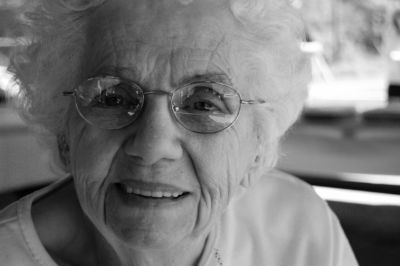EARLY-LIFE SOCIOECONOMIC CIRCUMSTANCES EXPLAIN HEALTH DIFFERENCES IN OLD AGE, BUT NOT THEIR EVOLUTION OVER AGEING
Do early-life socioeconomic circumstances influence the level and the trajectories of health in old age? Do material and cultural aspects of socioeconomic disadvantage have the same impact on health? The [...]
MEASURING SUCCESSFUL AGING
This paper explores how to measure successful aging in a manner consistent with the preferences of older persons about what matters in their lives. It considers the extent to which [...]
WILL FRIENDS EMERGE AS AN INCREASINGLY IMPORTANT ALTERNATIVE TO AGING ALONE?
Older adults without a child or partner are increasing across the globe but may not be “aging alone.” Childless and unpartnered older adults in Europe report more friends in their [...]
DO OLDER PEOPLE WITH DIABETES IN EUROPE REALLY CONSUME MORE HEALTHCARE RESOURCES, BUT DIE LESS?
Diabetes has been found to be one of the largest factors increasing the risk of mortality, morbidity, and disability worldwide. We investigate how diabetes is related to hospital admission and [...]
BEYOND CROSS-LEVEL INTERACTIONS: LONG-TERM CARE COVERAGE AND THE WELLBEING IMPACT OF INFORMAL CAREGIVING
Is informal caregiving less detrimental for quality of life when long-term care coverage is more generous? We used SHARE data from Sweden and Denmark and adopted an innovative analytical approach [...]
DO PUBLIC PENSION ENTITLEMENTS AFFECT PEOPLE’S SAVINGS FOR OLD DAYS?
Using data for Belgium, we show that an extra euro in public pension wealth is associated with a 14-25 cents decline in households’ wealth. Today, in Belgium like in other [...]








